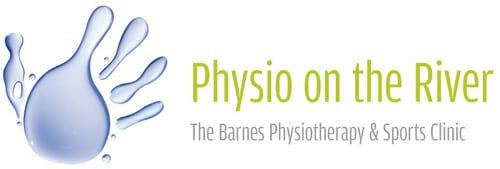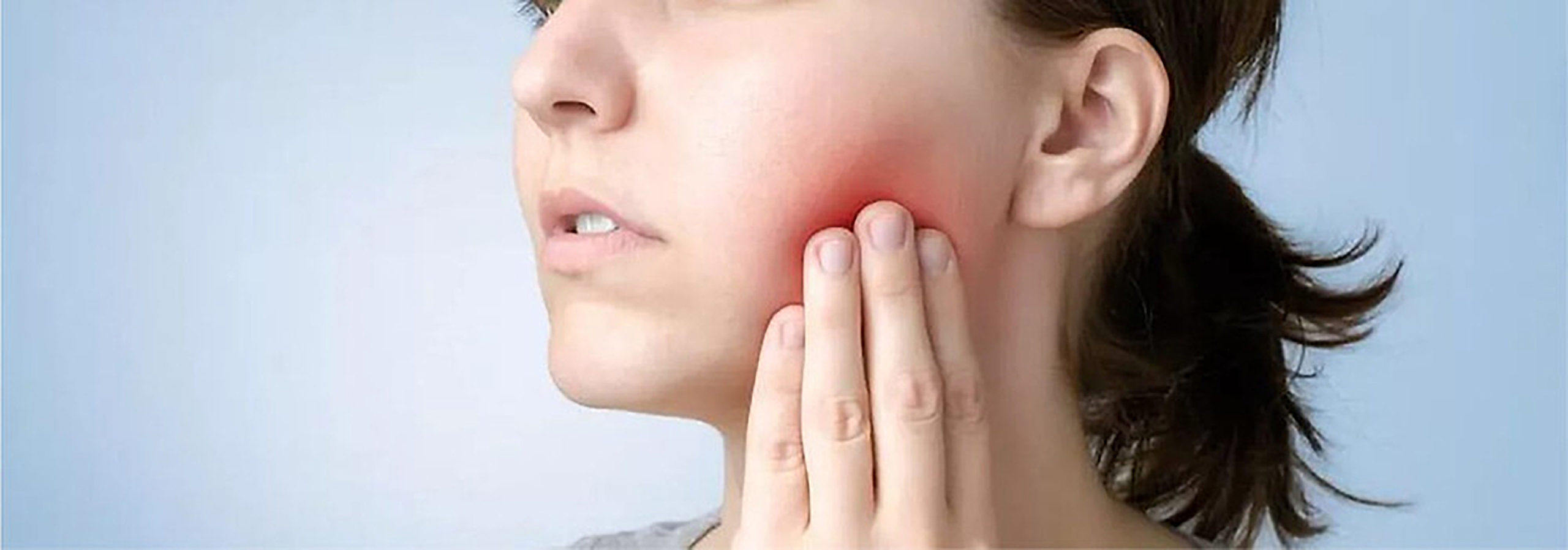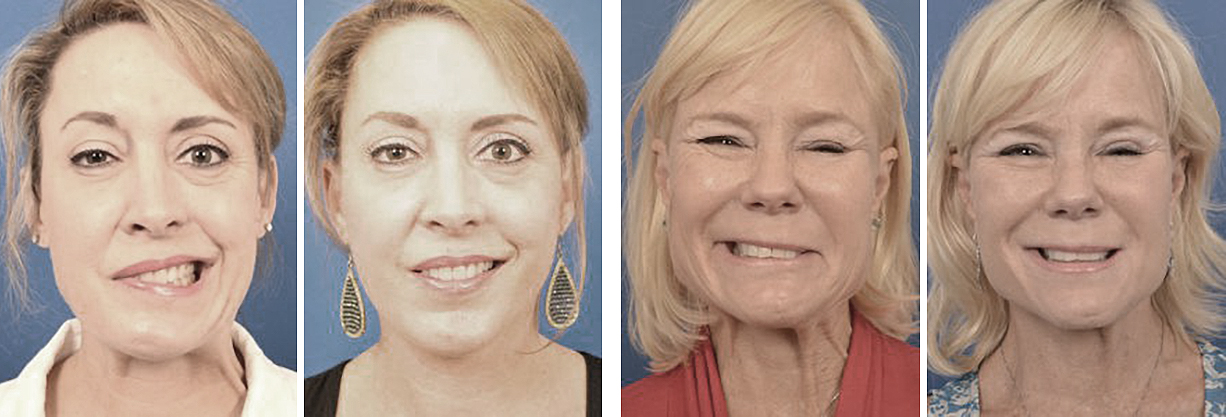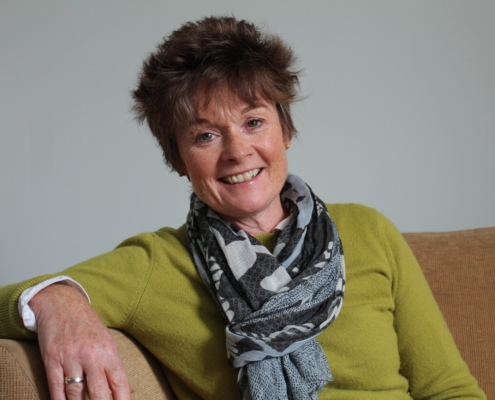Physical Therapy for the Face at Physio on the River
A necessary but specialist area of physiotherapy and speech therapy is one that focuses on the face treating in particular, Facial Palsy and Peripheral Nerve Damage which can lead to paralysis or muscle weakness. “Facial Palsy” is a condition where the facial muscles of the patient have become weak due to temporary or permanent damage to the facial nerve.
When you think of physiotherapy or a sports clinic you might first think of arms and legs and your core body. An obvious injury to a limb that might need manipulation or strength conditioning to work back to full function. However, there are times when a specialist is needed. And this is where speech and language therapist Penny Gravill can help. Penny comes to Physio on the River approximately four times a year and you can book a session with her in our clinic in Barnes either through us or via the Lindens Clinic. Penny started Lindens Aberdeen over 10 years ago and regularly travels to London to consult as her field is such a specialist area.
Many of Penny’s clients are referred by a GP or another physio or speech and language therapist, however you can always self-refer for an assessment if you are experiencing any problems from nerve damage or facial paralysis. Facial Palsy can have far-reaching emotional consequences including depression and anxiety. A facial therapist can help you feel, and look, more like yourself again.
Facial Palsy can be caused by a wide variety of conditions. These vary from Bell’s Palsy (cause unknown) to a tumour, a recent infection, Lyme disease via a tick bite, facial nerve damage during an accident or because of a common jaw problem referred to as a ‘temporomandibular disorder’, congenital conditions and many other, rarer situations including multiple sclerosis. Mime therapy can improve functionality and facial asymmetry at rest and during voluntary movement. Even small changes could have a dramatic effect on your quality of life and emotional state.
You may have problems closing an eye, or a limited range of lip movement and at rest one or both sides of your face may “droop”. You could be suffering from multiple conditions include a dry eye and an inability to blink, far more worrying than it sounds because this could ultimately lead to corneal ulceration. You may have noticed an altered taste sensation or a sensitivity to sudden loud noises. All worth investigating. [To read more, see the link in references below*.]
Slow recovery from an initial palsy can lead to faulty regeneration of the affected facial nerve. This can cause over tightening of the facial muscles and a condition called “synkinesis” which can cause discomfort as well as affecting how you look.
If you have had re-animation surgery or “smile surgery” and haven’t had any specialist help to get the best facial recovery you can, it’s possible that Penny could help you.
The vast number of causes and treatments require specialist and experienced knowledge, which is where Penny and the Lindens Clinic comes in. An initial assessment may include using electromyography (EMG) to assess the face of the patient and condition of the facial nerve accurately. And by evaluating a variety of facial movements, including but not exclusively:
• Jaw and mouth movements
• Movement of the eyebrow/forehead wrinkling/ frowning
• Ability to close the eyes and blink
• Lip movements; closure, rounding, raise the top lip, lower the bottom lip
• Eye movements
• Smiling
There are a range of treatments on offer after the initial assessment, ranging from the use of an electrical stimulator; myofascial release techniques that are performed in the clinic with the aim of improving soft tissue mobility (leading to an increased range of movement as the nerve activity increases); stretching techniques and dissociation exercises that Penny can teach you to promote a normal range of movement. You might benefit from an eyelid weight to facilitate better eye closure and this can be trialled at an appointment. The general treatments applied to this kind of health problems are Neuromuscular Retraining (NMR), which includes subtle yet crucial exercises necessary to teach and retrain the brain of the patient to coordinate the facial muscle more efficiently.
A usual programme would include seeing Penny once every two to three months, in between a programme of home treatments carried out on a daily basis with Penny’s guidance. Physical therapy may begin with facial muscle exercises that trigger facial movement. You will be shown how to manipulate your facial muscles to make it easier to move them. For example, if you are struggling with overly tight muscles or facial spasms, Penny can create a custom plan of facial muscle exercises to relax the muscles responsible and increase muscle strength and coordination in the face elsewhere. Although most patients benefit from an appointment every 12 weeks, if a more frequent intervention is indicated, there is flexibility to have a video consultation in between.
Penny will be running a clinic at Physio on the River in August and in November this year (2022). If you would like to make an appointment to see her,please contact Penny via The Lindens Clinic on 0161 975 4950 or email thelindensclinic@gmail.com or call us on 020 8876 5690.
———
• Bell’s Palsy
• Ramsay Hunt Syndrome
• Surgical removal of tumour, such as Acoustic Neuroma (also known as vestibular schwannoma) , Facial Schwannoma
• Parotid Gland Resection
• Congenital Facial Palsy, including Moebius Syndrome
• Lymes Disease
• Melkerssohn- Rosenthal Syndrome
• Guillain Barre Syndrome
• Trauma injury to the Facial Nerve
• Drop Foot
• Brachial Plexus Injury
• Viral nerve conditions, such as brachial neuritis, radial neuritis
• Muscle weakness as a result of incomplete spinal cord injury
• Transverse Myelitis





 @kallosnutrition
@kallosnutrition